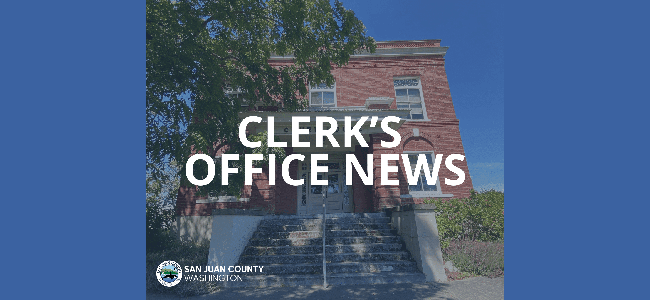From the Governor’s Office:
June 24, 2010 — Gov. Chris Gregoire today unveiled a new budget-building process that features a series of critical questions state agencies must answer to ensure spending is related to an essential function of state government.
“We have been navigating our way through some very tough times while the economy slowly improves,” Gregoire said. “I am now looking ahead to the state’s next budget cycle and another sizable shortfall we must address in the 2011–13 budget. We are going to challenge every program in state government with a series of tough questions to ensure we are getting the best value for the most essential functions of state government.”
In a 20-page document “Transforming the State Budget,” Gregoire proposes turning over to “other entities” some state services, such as the state’s ferry service:
” Washington State Ferries could get out of the ferry business. A private entity could decide what service to offer, or the state could subsidize the system and establish performance requirements. Ten of the 21 ferry systems in the United States and British Columbia are privatized in some manner. The closest model is BC Ferries, which is privately owned but receives government subsidies. We will analyze the pros and cons of new ownership.”
(To see the complete document, go to: governor.wa.gov/priorities/budget/transformbudget.pdf)
The Governor’s announcement also said, “The state Office of Financial Management released a report today showing a projected $3 billion shortfall for the next budget period in 2011–13.
“We will continue to use the Priorities of Government — or POG — budget process as the framework for a zero-base new budget,” said OFM Director Marty Brown. “No state activity gets a free pass. However, we are strengthening POG to reflect the values that we hold as a state and asking a series of tough questions to help us decide how to invest scarce dollars among so many competing demands.”
The questions the Governor is asking state agencies to answer about their spending requests are divided among three categories:
Fiscal responsibility
1. Is the activity an essential service?
2. Does state government have to perform the activity, or can it be provided by others?
3. Can the activity be eliminated or delayed in recessionary times?
4. Does the activity need to be paid for with state general funds? Should users pay a portion of the costs?
5. Are there federal funds or other fund sources available to support this activity?
Efficiency
6. Are there more cost-effective, efficient ways to do the activity?
Performance
7. Can the activity be the subject of a performance contract?
8. Can the activity be the subject of a performance incentive?
Performance
7. Can the activity be the subject of a performance contract?
8. Can the activity be the subject of a performance incentive?
Gregoire also announced the appointment of a panel of leaders from outside government to provide input on state spending. That panel will help conduct executive budget hearings to involve the public in the budget process.
Nearly three dozen leaders drawn from across the state in a host of fields have been invited to serve on the Governor’s Committee on Transforming Washington’s Budget. The committee will serve in an advisory capacity to the governor. The committee’s specific charge is to question budget assumptions, serve as a sounding board and lend guidance.
Gregoire added to her statement:
We continue to navigate our way through tough times even while the economy is showing signs of improvement. We are looking ahead to the state’s next budget cycle and another sizable shortfall we must address in the 2011–13 budget. Gov. Gregoire is launching reforms to shape how we build our budget and decide what programs it will fund with shrinking revenues, including:
- Challenge every program in state government with a series of tough questions to ensure we are getting the best value and paying for the most essential functions of state government.
- Conduct several public hearings this summer in locations across the state. We will show you the decisions we face and the money that will be available to us. At the same time, we want to hear from you about what services you expect state government to deliver.
- Invite leaders from all walks of life to serve on the Governor’s Committee on Transforming Washington’s Budget. I have asked these individuals to jumpstart the questioning of assumptions underlying the current budget — in effect, to serve as a sounding and advisory board for hard budget decisions.
With your help, we will construct a budget that best reflects the values of our great state.
Further remarks about the budget plans can be found at: governor.wa.gov/priorities/budget/transformbudget.pdf
**If you are reading theOrcasonian for free, thank your fellow islanders. If you would like to support theOrcasonian CLICK HERE to set your modestly-priced, voluntary subscription. Otherwise, no worries; we’re happy to share with you.**






